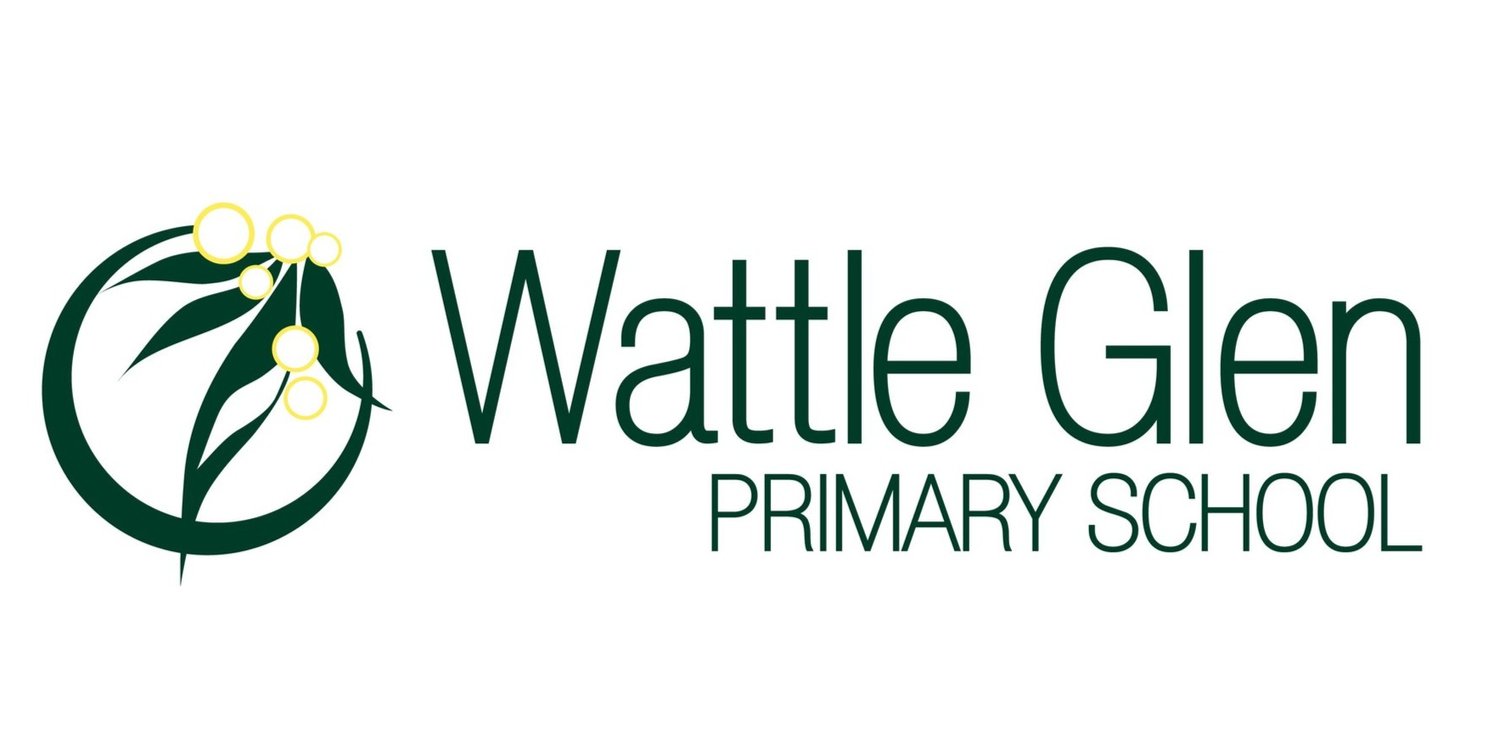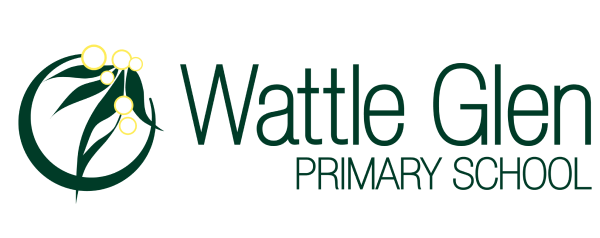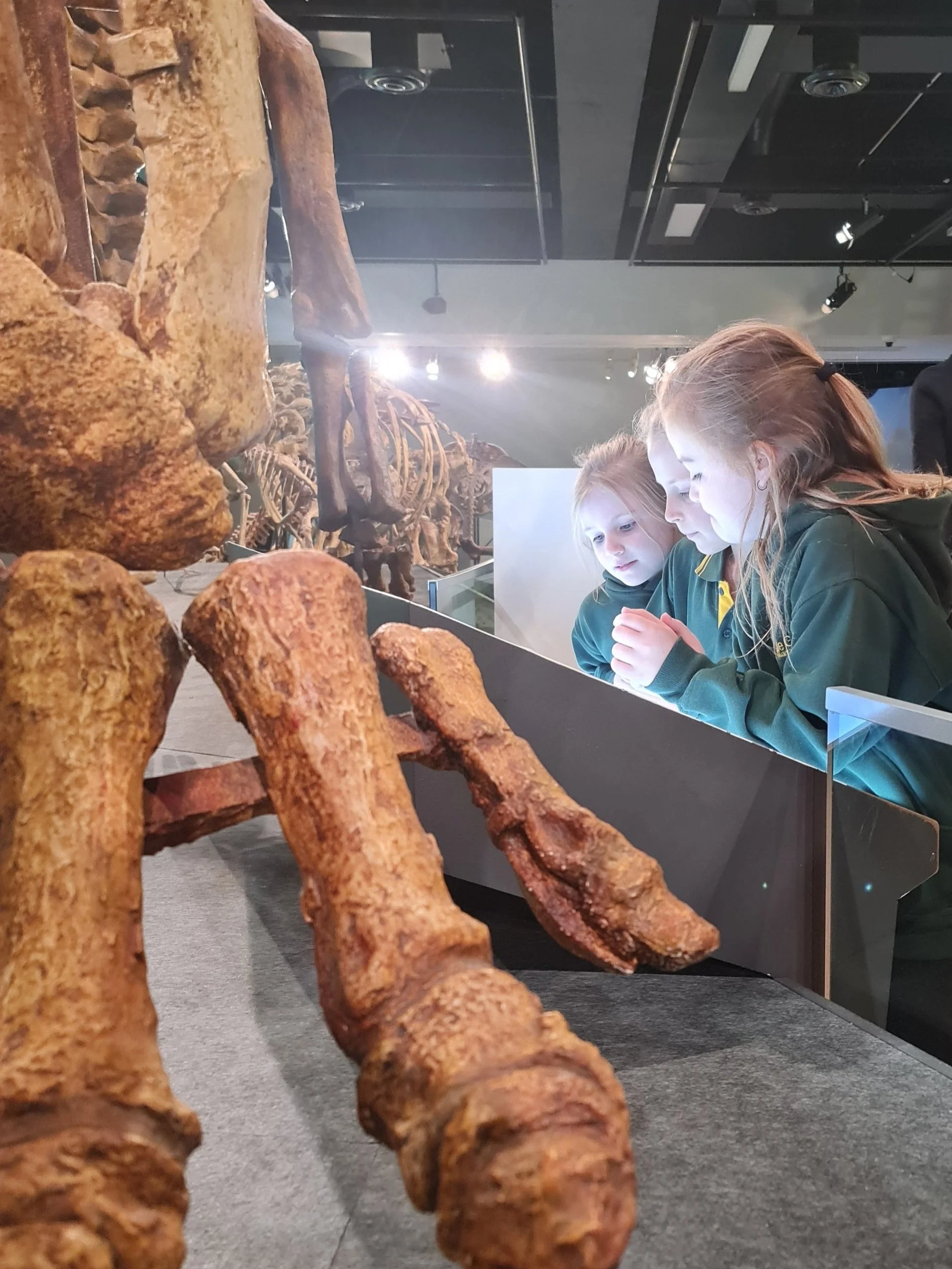Integrated Studies
What is Integrated Studies like at Wattle Glen PS?
The Victorian Curriculum F–10 sets out what every student should learn during their first eleven years of schooling. The curriculum is the common set of knowledge and skills required by students for life-long learning, social development and active and informed citizenship.
The Victorian Curriculum F–10 incorporates the Australian Curriculum and reflects Victorian priorities and standards.
At Wattle Glen, we use an integrated approach to ensure comprehensive coverage of all areas of the curriculum including, The Humanities: Civics and Citizenship, Economics and Business, Geography and History, Science and Technologies: Design and Technologies and Digital Technologies.
Each term, the whole school works on the same overarching concept and incorporates the appropriate curriculum focus. Adaptions are made to ensure appropriate learning outcomes are planned for, at each year level.
We are led by the Victorian Teaching and Learning model and use the nine practice principles to guide the implementation of our integrated curriculum program:
High expectations for every student; promote intellectual engagement and self-awareness
A supportive and productive learning environment promotes inclusion and collaboration
Student voice, agency and leadership empower students and builds school pride
Curriculum planning and implementation engages and challenges all students
Deep learning challenges students to construct and apply new knowledge
Rigorous assessment practices and feedback inform teaching and learning
Evidence-based strategies drive professional practice improvement
Global citizenship is fostered through real-world contexts for learning
Partnerships with parents and carers enhance student learning
All students are empowered to learn and achieve, experiencing high-quality teaching practice that promotes learning and well-being, equipping them with the knowledge, skills and dispositions for lifelong learning and to shape the world around them.
Past Integrated topics
-
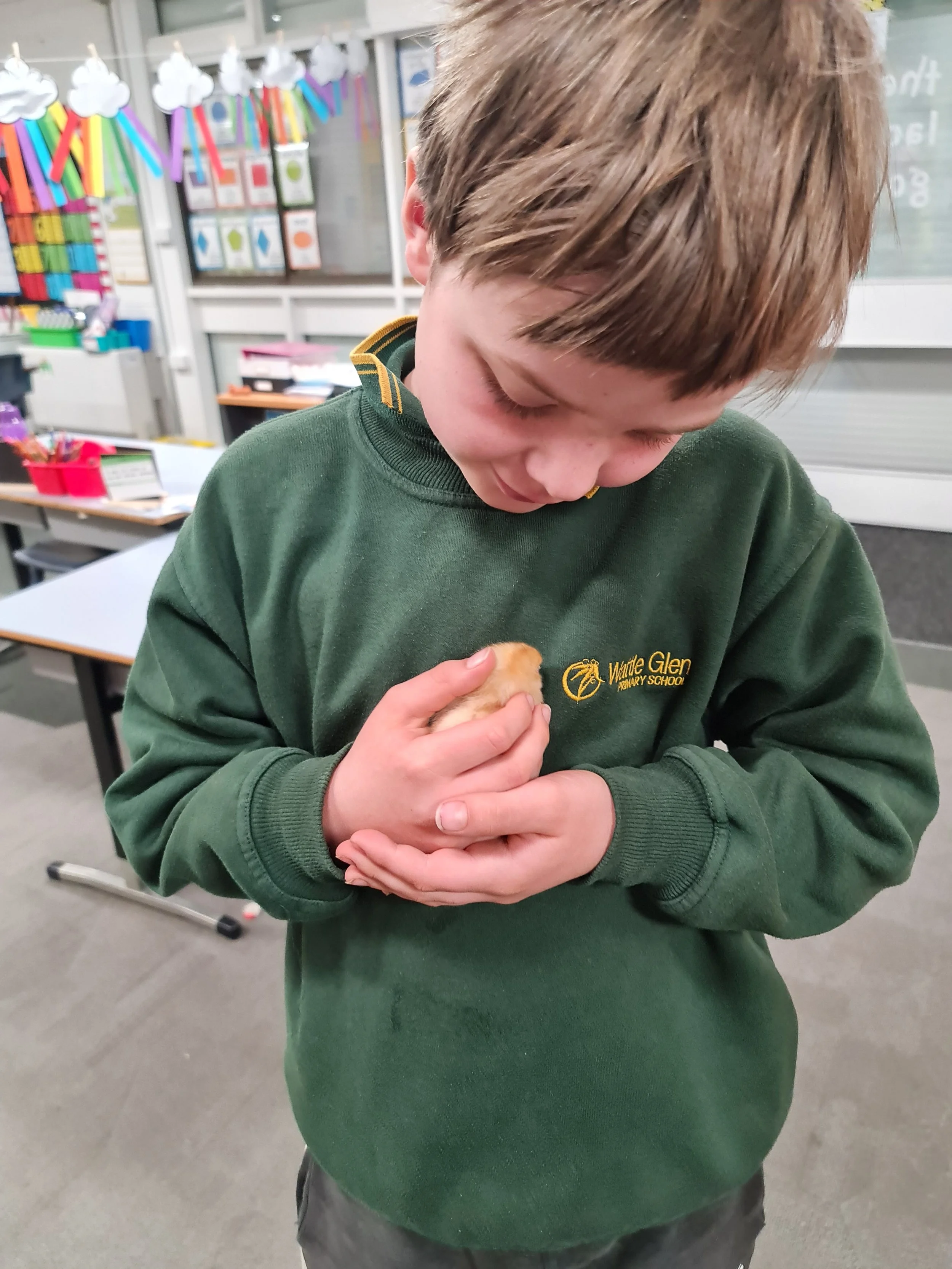
Sustainability
In this unit students discovered how to be sustainable in various ways. The students used their new knowledge to take action and to implement sustainable practices within the school and in their own lives.
-

The Human Body
During this unit the students explored the different systems that are within a body, such as the nervous system. The students also learned how these systems are interlinked and they learned about the major organs within the human body.
-
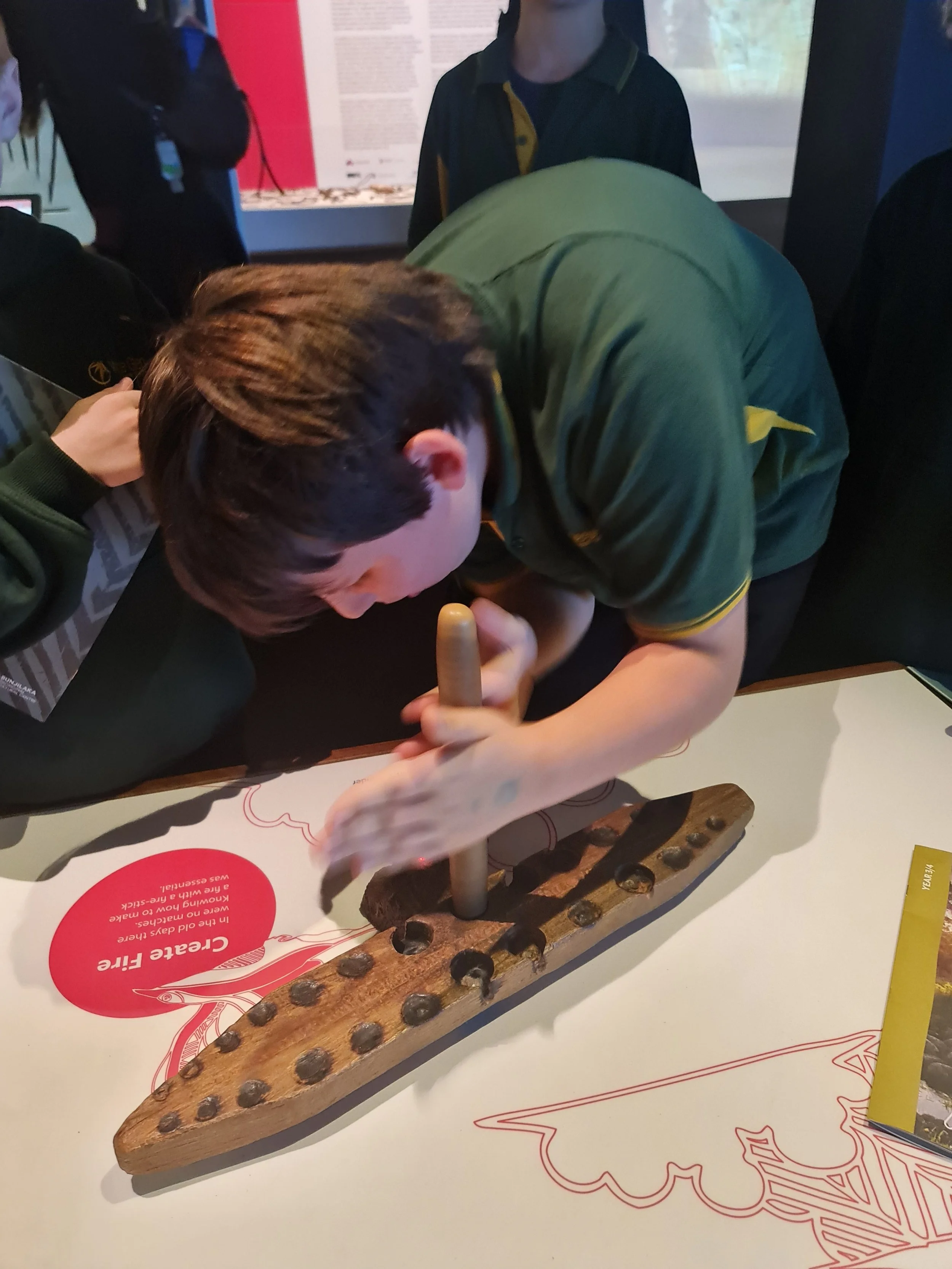
Aboriginal histories and culture
Throughout this unit, the students gained a deeper understanding of Aboriginal history and culture. The students explored the Dreamtime and Aboriginal food, shelter, hunting and family structures.
-

Celebrations around the world
In this unit, the students explored different celebrations that occur in countries and cultures around the world. Students completed many activities and had a whole school dress-up day to consoliatde their learning about Día de los Muertos, or Day of the Dead.
-

The Solar System
Throughout this unit, students learned about the different planets in our solar system. They also learnt that our solar system consists of everything bound to it by gravity, such as dwarf planets, millions of asteroids, comets, and meteoroids.
-

Geography
During this unit, students learned about the seven continents, and explored many different countries around the world. While learning about the countries students made crafts, and food that are symbolic of the area.
-
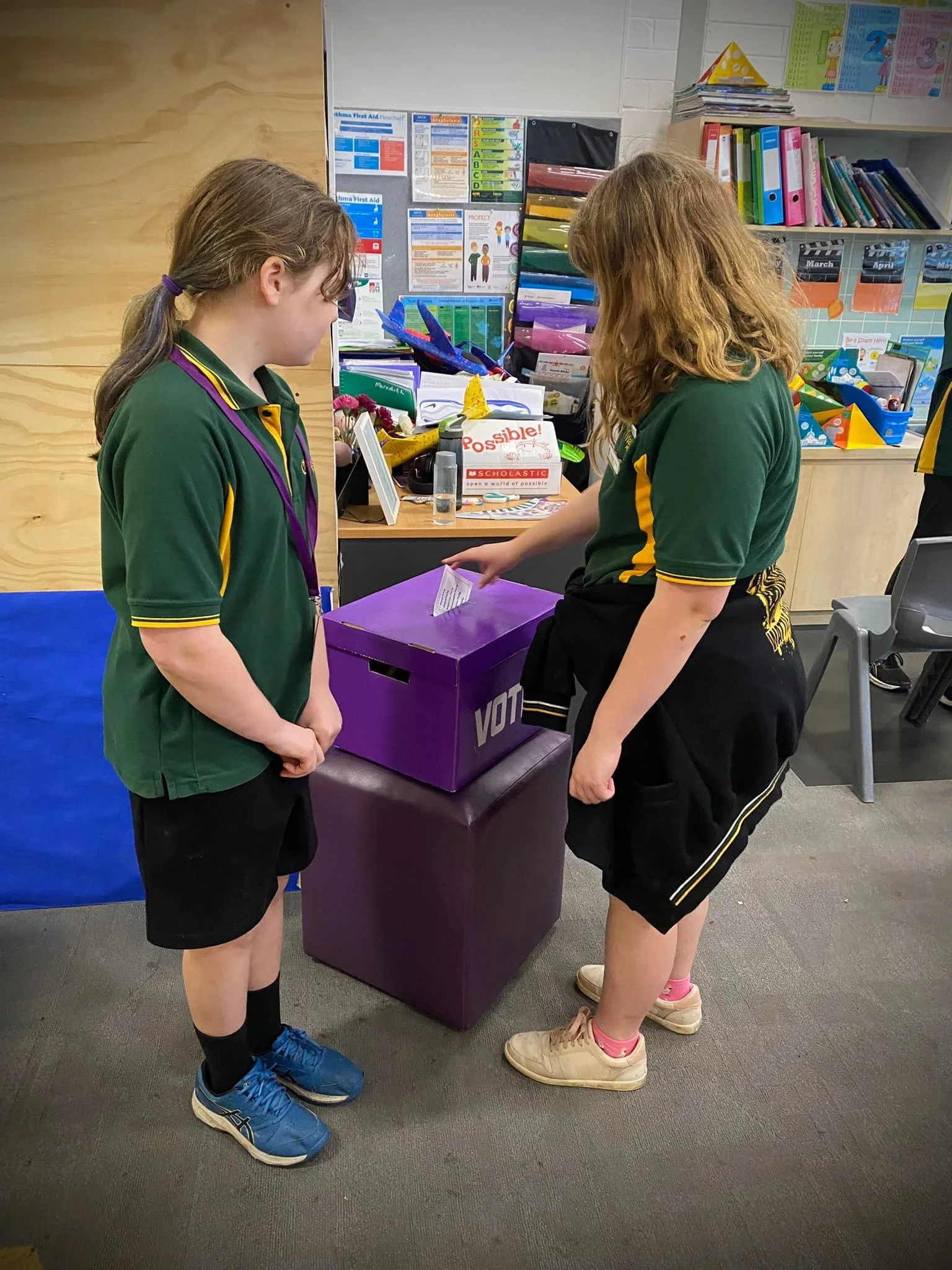
Civics and Citizenship
In this unit the students discovered the governing system that occurs in Australia. Students got to learn about the different levels of government and how they interact to make laws.
-
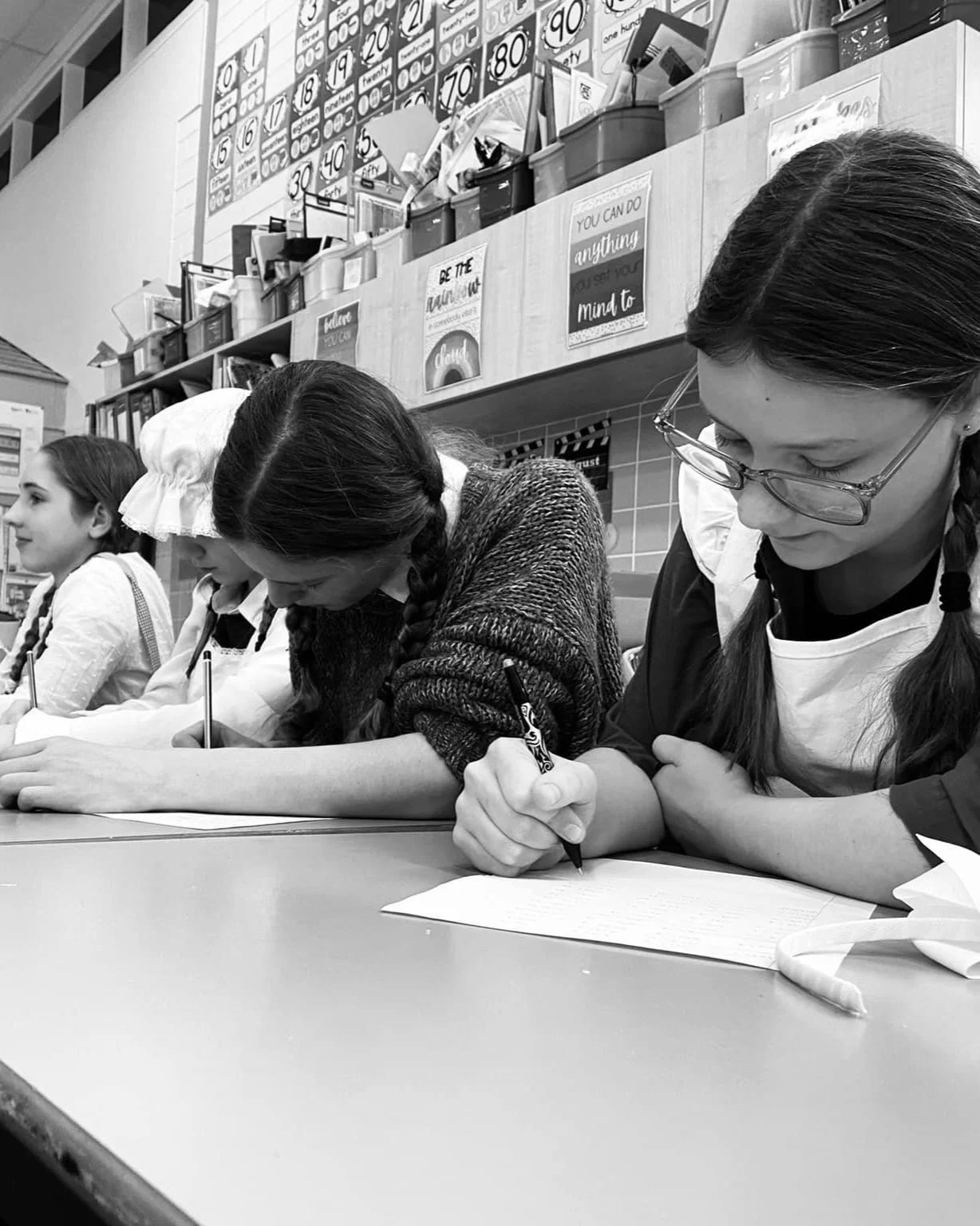
Local history
Throughout this unit students explored the area of Wattle Glen. Students delved into the history of Wattle Glen Primary and the Wattle Glen area, in order to celebrate 100 years of WGPS in operation. Students gained a deeper understanding of how living and learning has changed over time.
